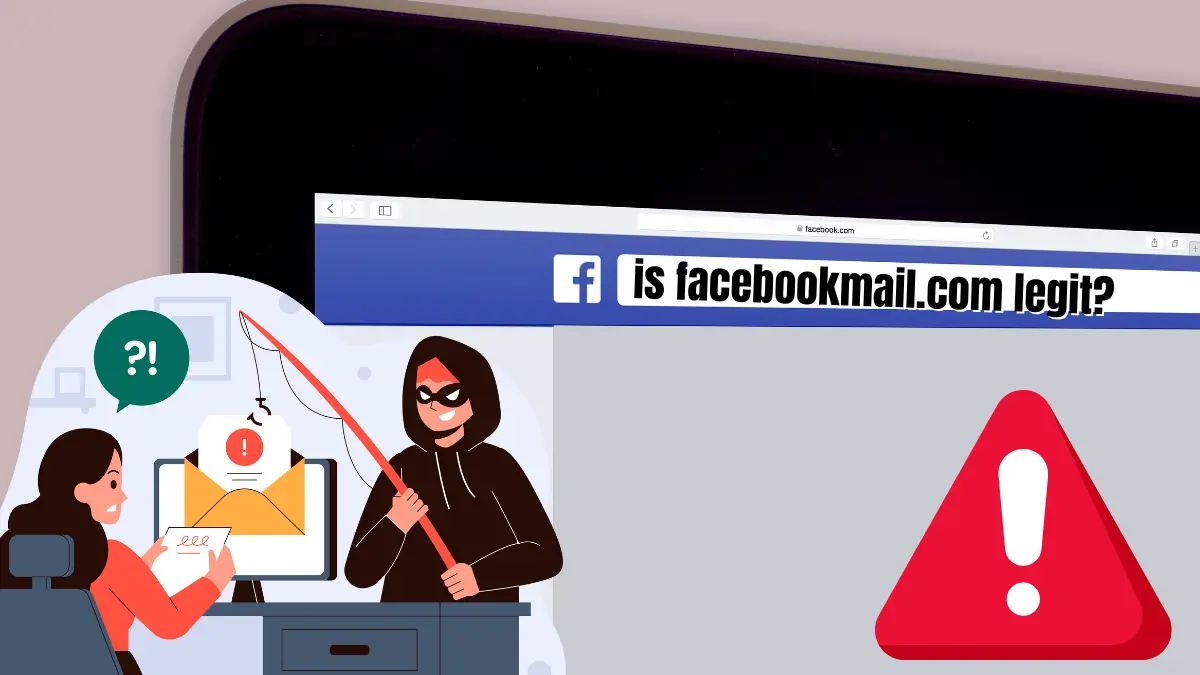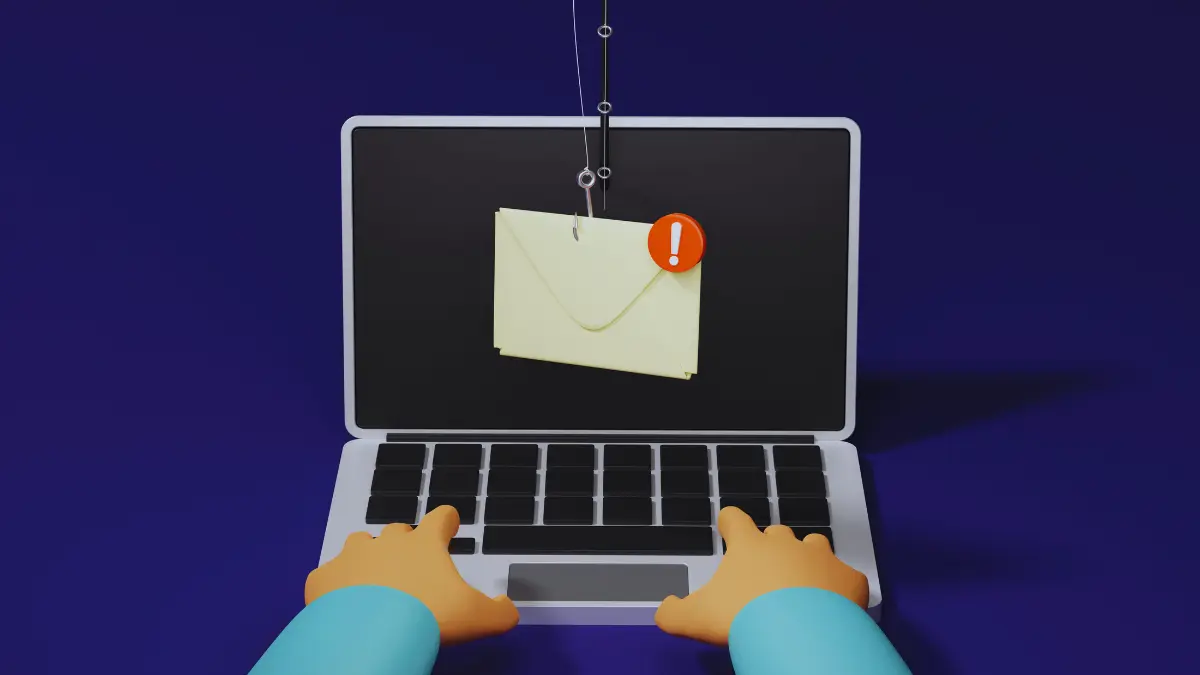Introduction
Email communication is an integral part of Facebook’s user experience, serving as a medium for important notifications such as password changes, login alerts, and account updates. However, the rise of phishing scams has made it essential for users to verify the authenticity of these emails. This article will guide you through understanding the legitimacy of emails from facebookmail.com, recognizing fraudulent emails, and taking steps to ensure your online safety.
Inside This Article, You'll Find:
Understanding Facebookmail.com
Legitimate Uses of facebookmail.com
Facebook utilizes the facebookmail.com domain for official communications, which can include account updates, security alerts, and password recovery instructions. Knowing that this domain is officially associated with Facebook can help you quickly identify genuine emails.
Common Characteristics of Official Facebook Emails
Official Facebook emails will typically:
- Address you by your Facebook account name.
- Reference specific recent activity or changes made to your account.
- Not contain urgent threats or demands for immediate action.
While facebookmail.com is a legitimate domain, it is crucial to be cautious and verify the authenticity of any emails you receive to protect your personal information.
Spotting Phishing Emails
Signs of Fraudulent Emails
Even though facebookmail.com is a legitimate domain, scammers often create similar-looking email addresses to trick users. Here are common signs of phishing emails:
- Unusual Requests: Emails asking for sensitive information or immediate actions, such as clicking on links or downloading attachments, are often suspicious.
- Generic Greetings: Scams often use generic greetings like “Dear User” instead of addressing you by name.
- Inconsistent URLs: Hover over any links to check if the URL matches Facebook’s official domains. Scammers may use URLs that look similar but are slightly altered.
- Poor Grammar: Phishing emails frequently contain spelling and grammatical errors.
Common Tactics Used by Scammers
Scammers may use tactics such as creating fake sense of urgency, threatening account suspension, or offering fake rewards to lure users into providing personal information or clicking malicious links. Always be skeptical of unsolicited emails requesting sensitive details or actions.
Steps to Verify Email Legitimacy
How to Check Recent Emails from Facebook in Your Account Settings
- Log In to Facebook: Access your account by logging in through the official Facebook website or app.
- Navigate to Settings: Click on the downward arrow in the top-right corner (on desktop) or tap the menu icon (on mobile).
- Go to Privacy Settings: Select “Settings & Privacy,” then click “Settings.”
- Access Security Checks: Go to “Password and Security,” then select “Security Checks.”
- View Recent Emails: In the Security Checks section, you can review recent communications from Facebook. If no recent emails have been sent from Facebook, it will indicate, “We haven’t sent you any other emails in the last weeks.”
Tips for Verifying Email Authenticity
- Direct Verification: Avoid clicking on links in suspicious emails. Instead, navigate to Facebook’s official website to check for any notifications.
- Contact Support: For further confirmation, reach out to Facebook support through their official channels.
- Compare Branding: Look for official Facebook branding and formatting in the email to help determine its legitimacy.
By following these steps, you can accurately verify if an email you received is genuinely from Facebook.
Staying Safe Online
Best Practices for Email Security
- Avoid Clicking Suspicious Links: Do not click on links or download attachments from unverified or unexpected emails. Instead, visit the official Facebook website directly to check for any messages or notifications.
- Enable Two-Factor Authentication (2FA): Add an extra layer of security by enabling 2FA on your Facebook account. This requires a second form of verification, such as a code sent to your phone, in addition to your password.
- Use Strong, Unique Passwords: Regularly update your Facebook password and ensure it is strong and unique. Avoid using the same password across multiple sites.
- Be Cautious on Public Wi-Fi: Avoid accessing your Facebook account over unsecured public Wi-Fi networks to minimize the risk of data breaches.
What to Do if You Suspect a Scam
- Report Suspicious Emails: Use Facebook’s reporting tools to flag potentially fraudulent emails. This helps Facebook improve its security measures and protect other users.
- Delete the Email: If you confirm that an email is a scam, delete it from your inbox and trash folder to prevent accidental interactions.
- Monitor Your Account: Keep an eye on your account activity for any unusual behavior. If you notice anything suspicious, report it immediately to Facebook.
By following these guidelines, you can enhance your online security and better protect your personal information.
Conclusion
Summary of Key Points
Understanding the legitimacy of emails from facebookmail.com is crucial for protecting your personal information. While facebookmail.com is an official domain used by Facebook, it’s essential to remain vigilant as scammers can exploit similar domains. Always verify the authenticity of any email by checking your Facebook account settings, avoiding suspicious links, and using secure practices.
Final Tips for Staying Vigilant
- Regularly review your security settings and account activity.
- Be cautious of unsolicited emails requesting personal information or urgent actions.
- Utilize Facebook’s support resources if you’re unsure about an email’s legitimacy.
By staying informed and proactive, you can safeguard your Facebook account and enhance your overall online security.

